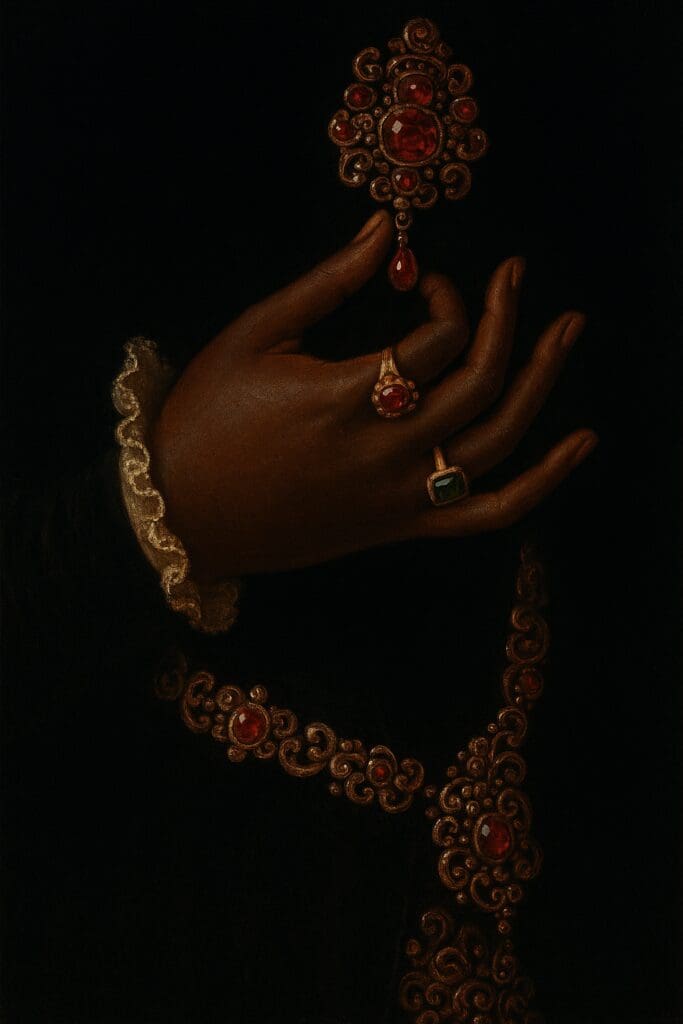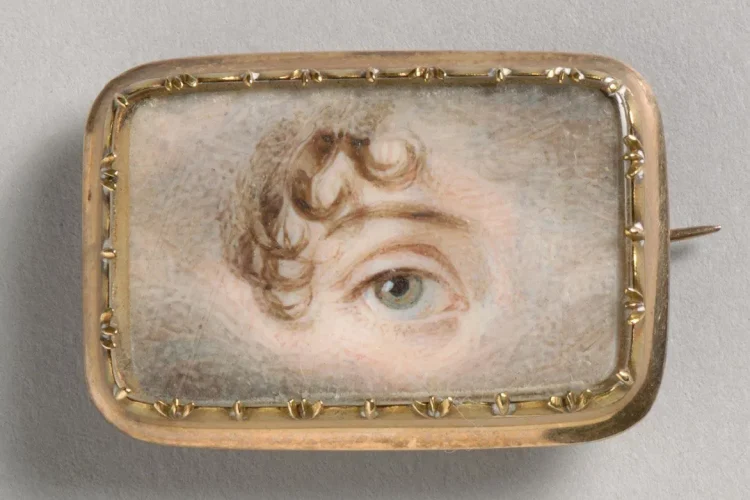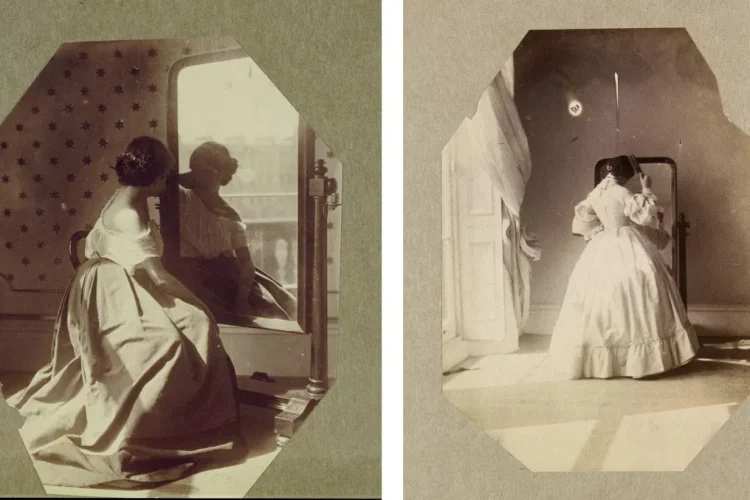e.l.g Portland, Oregon, United States
I’m riddled with concern for artists’ relationship with money. We are anti-capitalist, that is a given. Whether we are socialist or communist is a difference for lively conversation or argumentation. I’m speaking generally here, of course. But, over and over again I’m perplexed by artists saying: “I will never make enough money to,” “That’s the way it is,” or scoffing at someone else’s advocacy for more. I’m disturbed that capital refuses to move and how we, by acclimating to the adverse economic climate, continue the halt of it flowing where it would better serve those that are less addressed in systems and taken advantage of. I want us to have the means to take care of ourselves and our loved ones. I want us to eat well and live a beautiful life. Do we expect so little, financially, as a core state? How do we stop?
J.E:
Dear e.l.g.,
Thank you so much for your generous letter. You’ve articulated something I’ve felt for years, as an artist, but haven’t given language to. I share your questions and struggle to know how to answer them.
Last night I started watching a video shared with me by the artist Ryan C. Clarke, whom I admire very much. The video is of a reading by poet Sonia Sanchez at the 2000 Black Writers’ Conference at Medgar Evers College in Brooklyn. Sanchez begins the reading by saying, “I want to say to all the people here: you should make us all millionaires.” Cheering from the audience. She continues: “Every time a Black person publishes a book here, we should automatically have a system where we go out and buy those books.” More cheering. “Why not? Why not? I’m serious about this. And even—don’t tell me, ‘I don’t like that writer.’ I buy books about [sic] people I don’t like also, ok? But I support them. And so therefore, at the end of the year, they will be supported. We should do that.” There are a couple words I couldn’t quite make out in the video, so my transcription may have a few errors, but this is the gist of what I hear her saying.
I’m guided and inspired by her words. How can we create systems like the one she suggests? What systems already exist that do what she’s talking about? Boycotts, buycotts, and strikes have taught me a lot about these questions, and I want to continue studying them.
Sending warmest greetings from Virginia! JJJJJerome






